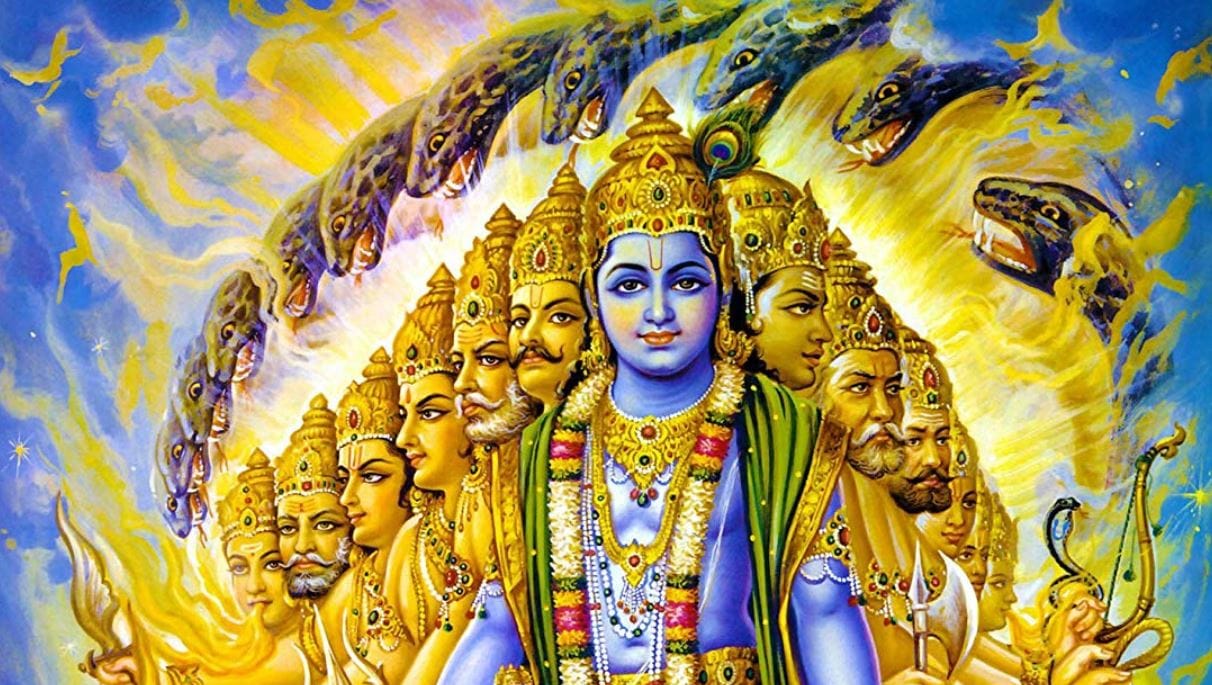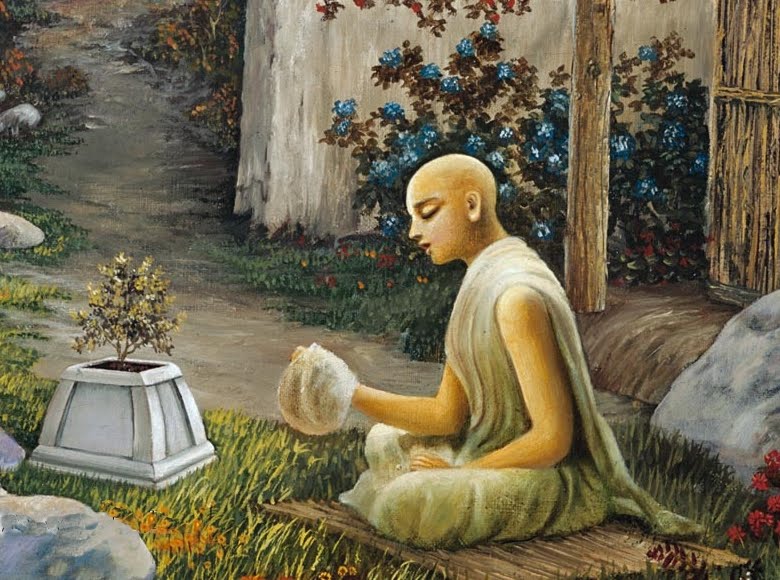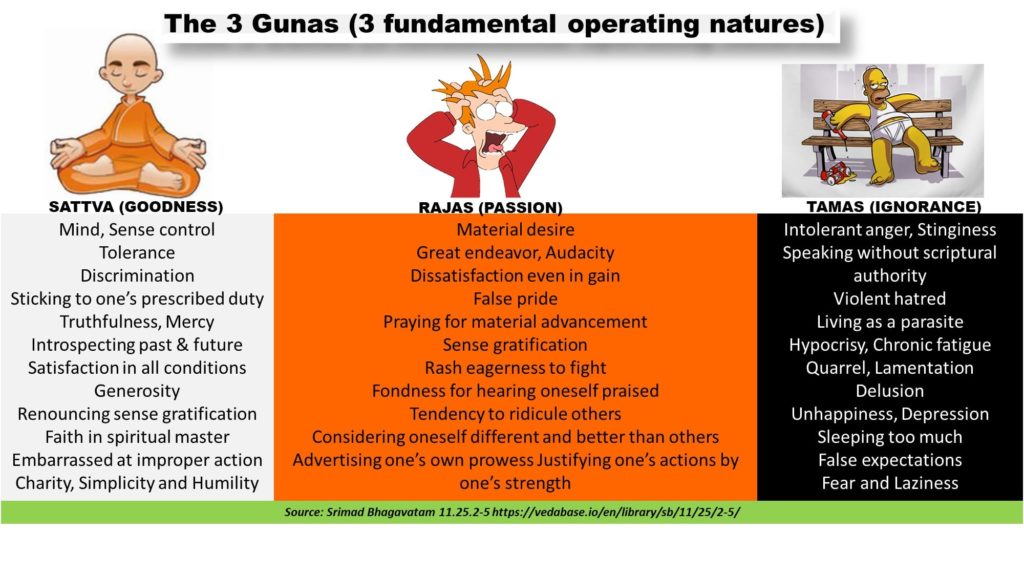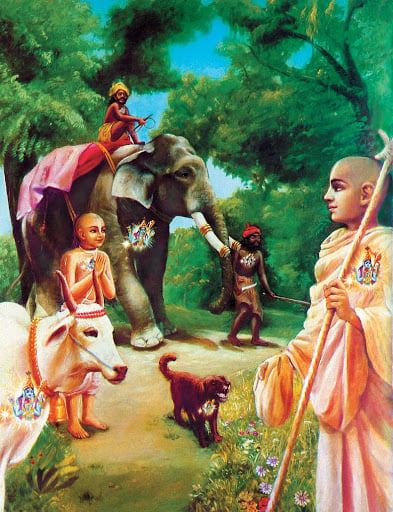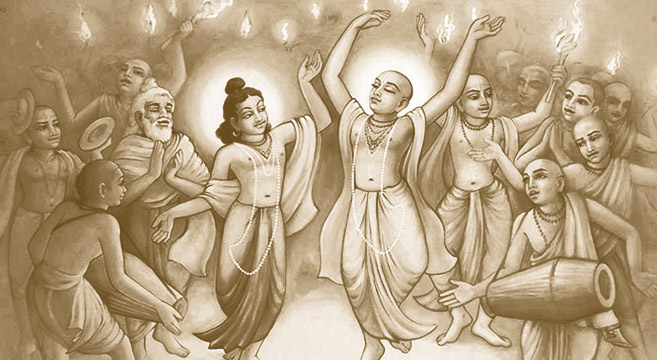My will has brought me many places, or so I believed. What seemed to be the highest of highs- and naturally- the lowest of lows. It seems that we can never have one without eventually stumbling upon the other.
In my teens and twenties I believed anything possible. I just needed to have enough willpower, and a lot of control. I had to be the actor, who was simultaneously directing and running the whole show. I saw some of those Hollywood guys do it. They had all the credits: writer, actor, director, executive producer, stunt man and stage hand. They could do it all. If I could just get everyone to act the way I wanted, then everything was going to be fine. I would be happy, and surely they would be too.
So, why was it that when I tried to get someone to do something I didn’t always get what I wanted? Was my will not strong enough? I was surely asking kindly enough, without being too demanding. But still, others would not act the way I wanted. At some point it no longer mattered in which way I demanded it.
By the time I reached the age of 30 I had failed at so many things. This duality of ups and downs almost seemed to vanquish. Life was filled with a constant of lows. I would set out on one failure to the next. Certainly there were few successes in between, but at this point there was no enjoyment in them. The next failure would surely come.
What had happened, why had I lost my will? What is then this willpower I had to ask myself. A thought, maybe a feeling?
In the purport of verse 5.15 of the Bhagavad Gita Srila Prabhupada tells us “Because he (us) is a living soul, he has the capacity to desire by his free will. Such desire is fulfilled only by the omnipotent Lord. And so, when the living entity is bewildered in his desires, the Lord allows him to fulfill those desires.” Prabhupada further explains “The Lord fulfills his desire as he deserves: Man proposes and God disposes.” Willpower is simply this: A desire, which may, or may not be fulfilled by the grace of God.
This explanation reminded me of a line from the commonly recited Lord’s prayer in Christianity “Thy will be done; on earth as it is in heaven.” I had often pondered about the deeper meaning of this and searched for answers, but never found anything satisfactory. It was suggested to me to “turn it over” or “do the next right thing” to focus on the work, and leave the results up to God. The principles of Bhakti are contained within these words, but without further explanation I could not comprehend them, much less understand how to actually apply this.
In practical application “thy will be done” remained a mystery. As it turns out, there are very specific instructions and processes to apply this in our lives. In essence, that’s what the process of Bhakti yoga is all about – realizing what God’s will for me is and understanding how to carry that out.




